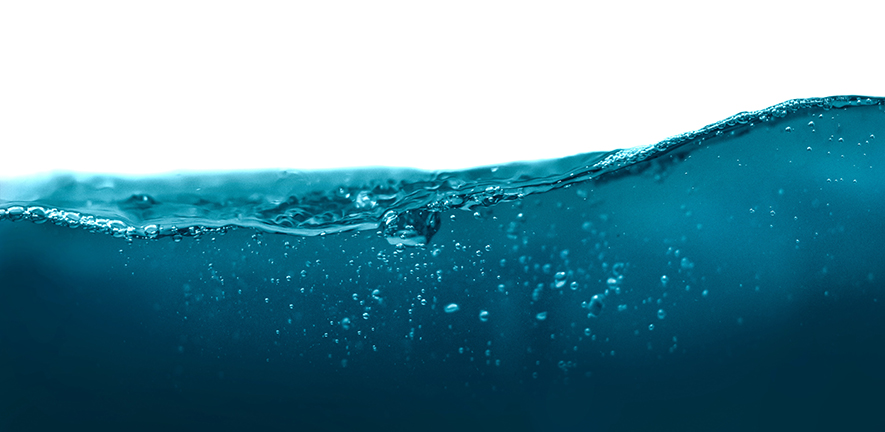Water is one of the most essential resources for life on Earth. Despite its abundance, only a small fraction of the planet’s water is available as fresh, usable water. With increasing populations, industrial demands, and climate change, the need to conserve water has never been more urgent. This article delves into the reasons why we need to save water, exploring the environmental, economic, and social implications, as well as offering practical tips for water conservation.
1. The Importance of Water
Essential for Life
Water is fundamental to all forms of life. It is vital for drinking, sanitation, agriculture, and industry. Without adequate water, human health, ecosystems, and economies suffer.
Limited Resource
Although water covers about 71% of the Earth’s surface, only 3% is fresh water, and of that, just 1% is accessible for human use. The rest is trapped in glaciers, ice caps, or deep underground.
2. Environmental Reasons for Saving Water
Protecting Ecosystems
Water conservation helps protect ecosystems and biodiversity. Rivers, lakes, and wetlands are habitats for countless species. Reducing water use ensures that these ecosystems can thrive.
Mitigating Climate Change
Water plays a crucial role in regulating the Earth’s climate. Conserving water reduces the energy needed to process and deliver it, which in turn decreases greenhouse gas emissions. This helps mitigate climate change.
Reducing Pollution
Less water use means less wastewater, which can reduce the amount of pollutants entering natural water bodies. This is essential for maintaining clean rivers, lakes, and oceans.
3. Economic Reasons for Saving Water
Lowering Costs
Reducing water use lowers utility bills for households and businesses. It also decreases the costs associated with water treatment and distribution.
Agriculture and Industry
Water is a critical input for agriculture and industry. Efficient water use in these sectors can increase productivity and reduce costs. In agriculture, practices like drip irrigation and drought-resistant crops can significantly save water.
Ensuring Future Supply
By conserving water now, we can ensure that future generations have access to this vital resource. This is especially important in regions prone to drought and water scarcity.
4. Social Reasons for Saving Water
Health and Sanitation
Access to clean water is crucial for public health and sanitation. Saving water ensures that there is enough for drinking, cooking, and personal hygiene, which helps prevent waterborne diseases.
Social Equity
Water scarcity disproportionately affects vulnerable communities. By conserving water, we can help ensure that everyone has access to sufficient, clean water.
Conflict Prevention
Water scarcity can lead to conflicts over access and control. By using water more efficiently, we can reduce the potential for disputes between communities and nations.
5. Practical Tips for Saving Water
Household Conservation
- Fix Leaks: A dripping faucet or leaking toilet can waste significant amounts of water. Fixing leaks promptly can save thousands of gallons annually.
- Efficient Fixtures: Install low-flow showerheads, faucets, and toilets to reduce water use without sacrificing performance.
- Shorter Showers: Reducing shower time can save gallons of water each day.
- Full Loads: Run dishwashers and washing machines only when full to maximize water use efficiency.
- Water-Saving Appliances: Use water-efficient appliances and fixtures to reduce water consumption.
Outdoor Conservation
- Smart Irrigation: Use drip irrigation or soaker hoses instead of sprinklers. Water plants during the early morning or late evening to minimize evaporation.
- Native Plants: Landscape with native and drought-resistant plants that require less water.
- Rainwater Harvesting: Collect and store rainwater for use in gardening and landscaping.
- Mulching: Apply mulch around plants to retain soil moisture and reduce the need for watering.
Community and Policy Actions
- Public Awareness: Educate communities about the importance of water conservation through campaigns and programs.
- Incentives: Implement incentives for businesses and households to adopt water-saving technologies and practices.
- Regulations: Enforce regulations that promote water efficiency in new buildings and infrastructure.
- Water Pricing: Adjust water pricing to reflect the true cost of water, encouraging conservation through economic signals.
6. Technological Innovations
Water Recycling
Advanced water recycling and treatment technologies can turn wastewater into a valuable resource. Recycled water can be used for irrigation, industrial processes, and even drinking, reducing the demand for fresh water.
Desalination
Desalination technologies can convert seawater into fresh water. While energy-intensive, advancements are making desalination more efficient and viable as a supplementary water source, especially in arid regions.
Smart Water Management
Smart water meters and sensors can help detect leaks, monitor usage, and optimize water distribution. These technologies enable more efficient water management and can lead to significant savings.
7. Case Studies of Successful Water Conservation
Singapore
Singapore has implemented a comprehensive water management strategy that includes rainwater harvesting, water recycling, and desalination. Public education campaigns and strict regulations have helped the city-state become a global leader in water efficiency.
Israel
Israel has pioneered water-saving technologies such as drip irrigation and wastewater recycling. These innovations have enabled the country to turn its arid landscape into productive agricultural land and maintain a sustainable water supply.
California, USA
California has faced severe droughts in recent years, prompting significant efforts to conserve water. Initiatives include mandatory water restrictions, incentives for water-efficient appliances, and investment in water recycling and desalination projects.
Conclusion
Water is an invaluable resource that is essential for life, economic development, and environmental sustainability. Conserving water is not just an individual responsibility but a collective necessity. By understanding the importance of water conservation and implementing practical measures, we can ensure a sustainable water supply for current and future generations. Through household actions, technological innovations, and community efforts, we can make a significant impact in preserving this precious resource.














